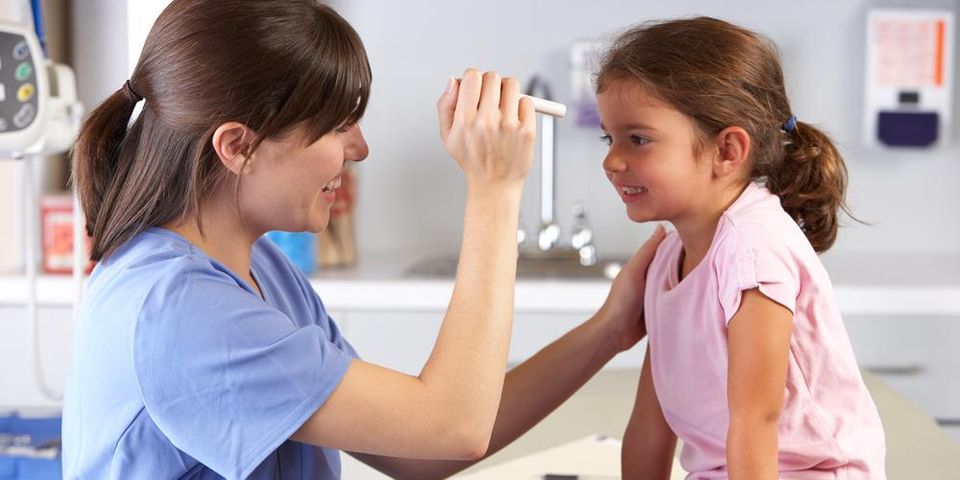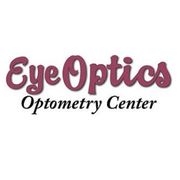From Elk Grove's Top Rated Pediatric Optometrist - When to Schedule a Child's Eye Exam.

Early eye examinations are important to preserving your child’s vision. Here at EyeOptics Optometry Center, we believe that early detection of visual problems and pathologies is key to preventing lifelong difficulties in your child’s future. Dr. Christy J. Curtis, who was rated Top 3 Pediatric Optometrists in Elk Grove, CA due to her local reputation, positive reviews, cost, and general excellence in the field of optometry, advocates for early eye exams. Dr. Curtis, along with Dr. Andrea So, Dr. Sharon Yurko, Dr. Hieu Ly and their staff at EyeOptics Optometry Center, have noticed many vision issues go unnoticed in children because parents do not know when is the right time for an eye exam. In California, a special program called infantSEE has been set up for covered comprehensive eye examinations for infants between the ages of 6 months to 12 months. Whether your child has already had their initial visit or is getting ready for their first eye examination, use the guide below to know when you should schedule upcoming visits.
An Optometrist-Approved Guide to Scheduling Your Child’s Eye Exams
First Exam
So long as no vision issues are apparent at birth, you should schedule your child’s first eye exam when they are six months old. This gives your eye doctor ample time to identify risk factors and provide a comprehensive examination of their eyes. If your child is dealing with other health conditions, such as central nervous system disorders, low birth weight, or neurological issues, you should schedule their first appointment sooner than six months.
2. Early Childhood Exams
If your child doesn’t show any signs of vision problems at their first exam, your optometrist will suggest that they return around their third birthday. This is when some children begin showing signs of conditions such as a lazy eye, depth perception issues, or color blindness. It’s also when they first enter some form of daycare or preschool where vision is essential for learning. During these early childhood eye examinations, your optometrist will again test for risk factors and offer healthy tips to continue your child’s eye health.
3. Remaining Exams
If your child doesn’t show signs of vision issues, a biannual eye exam will suffice. If there are signs of detriment, schedule annual visits and any additional appointments as recommended by your optometrist to allow monitoring of their overall eye health. They can continue this routine examination well into adulthood.
If you are ready to schedule your child’s eye exam, turn to the staff at EyeOptics Optometry Center. They offer comprehensive pediatric and adult eye care services and are committed to preserving your family’s vision. Call (916) 684-6688 today to schedule an appointment and visit their website to learn more about their services. For company updates, visit their Facebook page.
About the Business
Have a question? Ask the experts!
Send your question

